Using their voices
Students share experiences with social media activism
While everyone has a voice on social media, only some choose to use it. A select few students have experiences with activism on social media – here are three.
Shae Duggan
Senior Shae Duggan is involved in the Hawk Theatre Company, and has taken leadership positions around the school, including the president of the Thespian Honor Society.
“As for me personally, I’m not one to shy away from calling out derogatory behavior when I see or hear it, whether it be online or in-person,” Duggan said. “I think that having difficult conversations with your family members and peers only allows you to grow as a member of society.”
Duggan has contributed to the new “Watch Your Words” campaign, dedicated to inciting change within the school and creating a comfortable environment for every student.
“Campaigning for social justice online through social media is one way I personally like to stay engaged because it is an easy way for my voice to be heard,” Duggan said. “Although voicing political opinions online isn’t everyone’s cup of tea, I do believe that, given the vast amount of access we have to information and technology, everyone has a responsibility to educate themselves on pressing topics.”
Duggan said anybody who uses their voice to enact change could be considered an activist, and everyone has the ability to become one.
“It goes without saying that actions speak louder than words, and activism can be achieved without voicing your opinions online,” Duggan said. “But if you’re willing to advocate for social justice when no one’s watching, why not also do so when people are watching? The opposite also applies: why practice performative activism online when you could also put forth effort off-screen? In my opinion, it goes both ways.”
Kaileen Rooks
Junior Kaileen Rooks is known by her peers as an example of a student activist, and someone who values voicing her opinions on political topics on Instagram.
“I do consider myself to be an activist, but to be honest, I think social media is the least important part of activism as a whole,” Rooks said. “The most important part of getting involved in activism is the work you do outside of social media.”
Similarly to Duggan, Rooks emphasizes the importance of enacting change in person, rather than simply educating on social media.
“My personal belief is that social media activism and real life activism go hand-in-hand,” Rooks said. “They really compliment each other. For me, social media activism is the first level – getting the word out and sharing information, then you take that knowledge and use it for bigger things, like a stepping stone.”
Rooks said she thinks all students have their own opinions on controversial topics and, although others may form opinions about them, students should all voice those thoughts.
“When it comes to voicing my own opinions, it gets messy because a lot of people will get annoyed or hate you for it,” Rooks said. “These [kinds] of things we’re talking about affect people’s lives. It’s our responsibility to speak out for people who can’t, and bring awareness to issues that many people ignore.”
Nzinga Thompson
Sophomore Nzinga Thompson is involved in theater and band. Thompson typically communicates her political opinions on Twitter and Instagram.
“Sometimes really it’s just me informing people about what’s going on and educating them,” Thompson said.
Thompson not only hopes to publicly inform others of her beliefs, but wants to convince her peers of how they should be acting as well.
“Some people have either the wrong idea of things [that] are just straight up rude, which sometimes leads to arguments,” Thompson said. “But, at least I gave them the right information.”
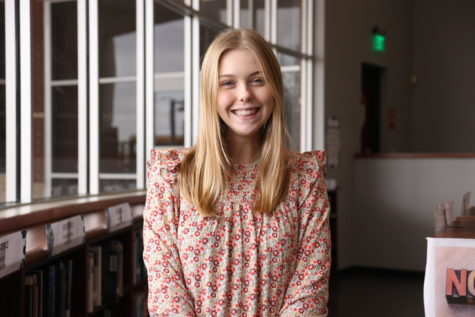
Senior Emma Short is the editor-in-chief and this is her third year on staff. She is also an advanced technician with Hebron Theatre and spends many...



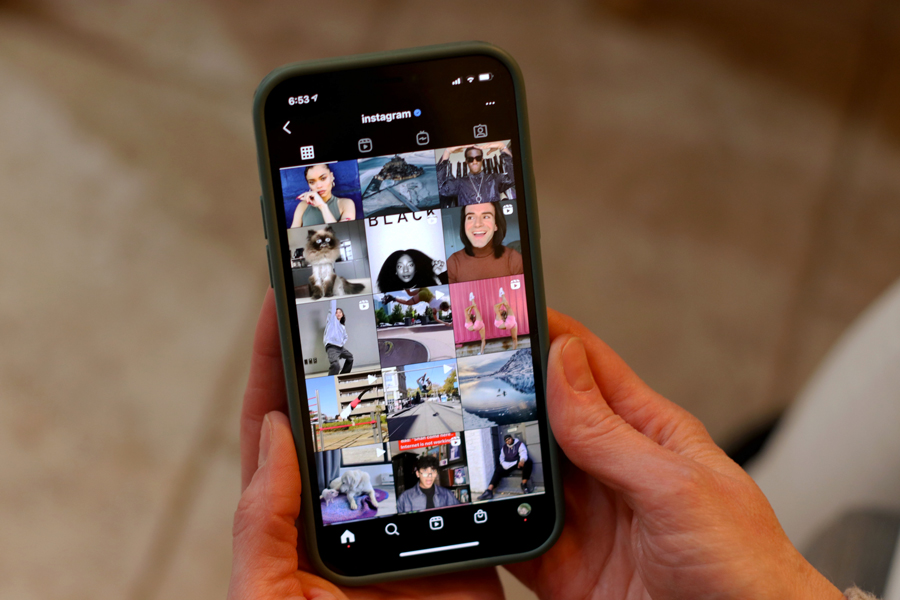
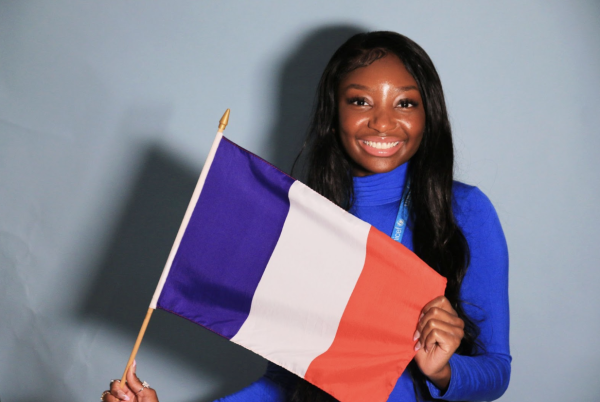
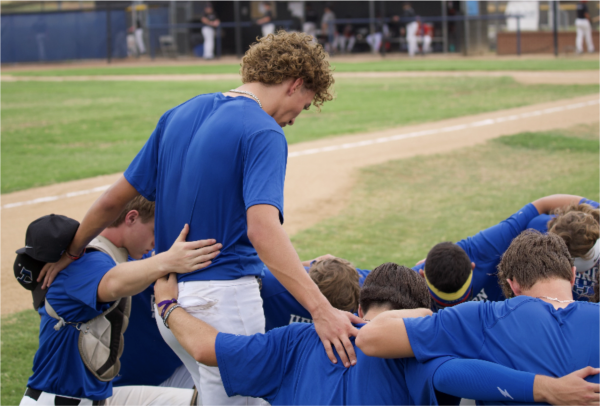
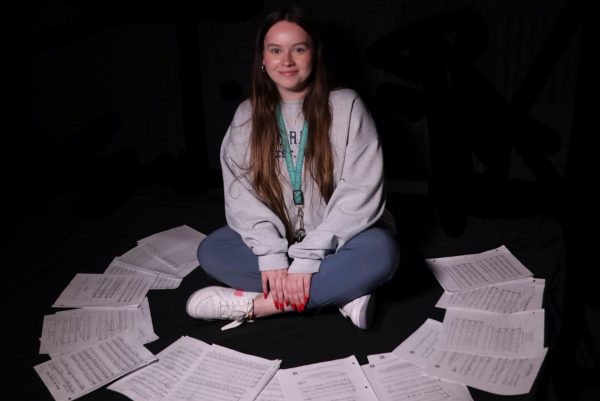
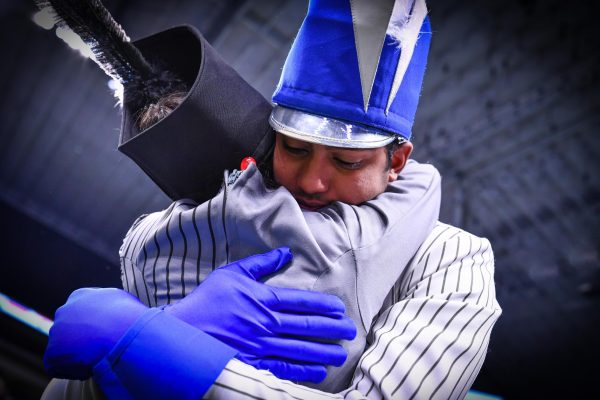
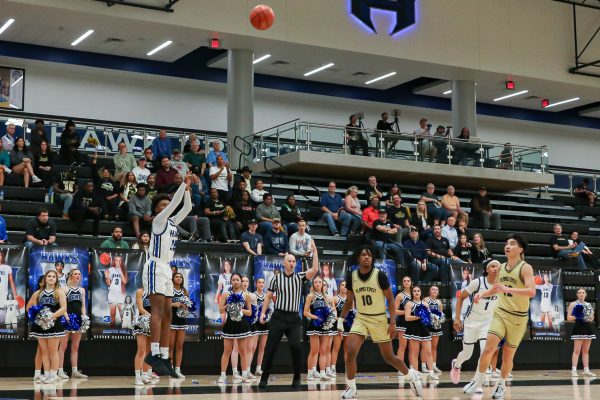

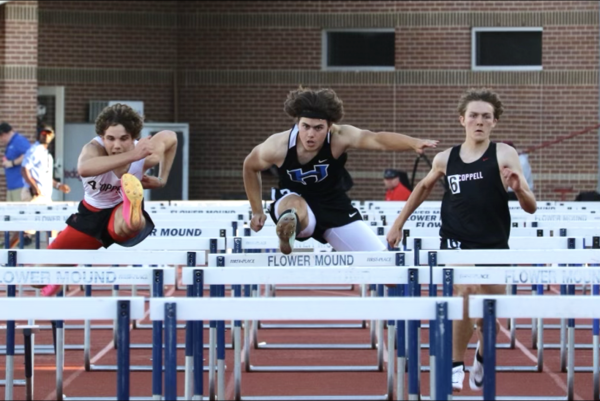
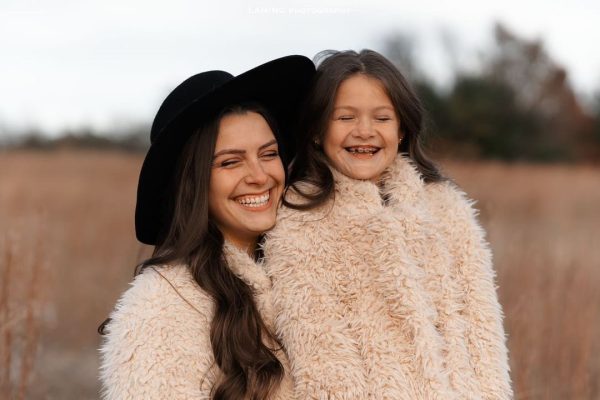
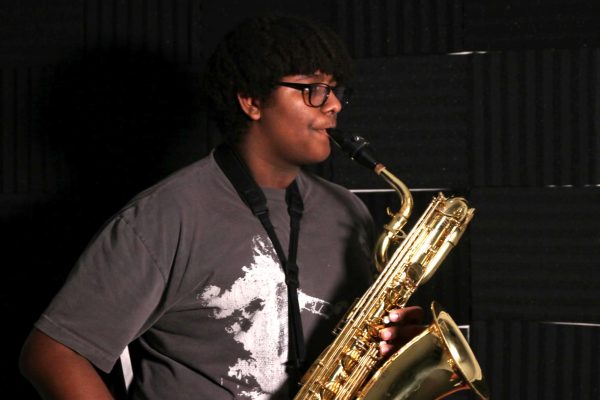

Adrian Smith • Mar 31, 2021 at 1:14 PM
I agree. I only see negative news on social media. Every day, I see another victim. Sure it’s good to bring awareness, but all it really does is continues to spread negativity with no way to fix it. It’s always an image of a bloody, beat up, elderly person. It just spreads fear. Why not spread positive messages on encouraging diversity or educating others.
John Carol • Mar 29, 2021 at 10:21 PM
I agree with this article. My Instagram feed is constantly exploded by social justice posts from my friends. While teenagers spreading awareness of social injustice is good, they way they are doing it is ultimately fruitless. I’ve recently been seeing a wave of Instagram stories saying “remember her name.” Not only do people forget what the name was, but just remembering a name doesn’t even do anything. I guess remembering someone’s name solves racism? What people should do instead is spread awareness of petitions, organizations, or events that actually combat these issues.